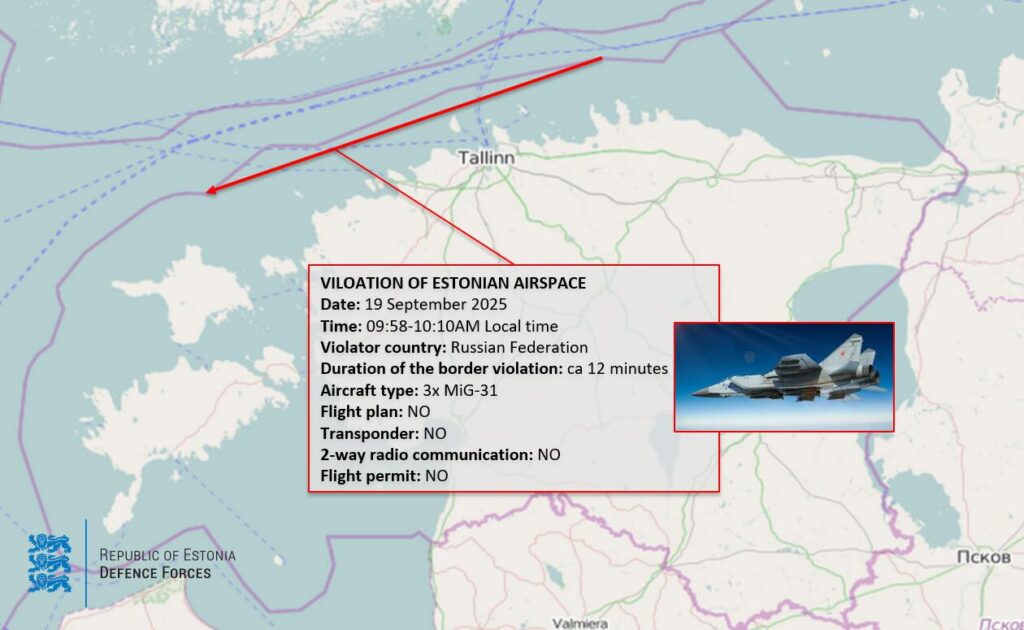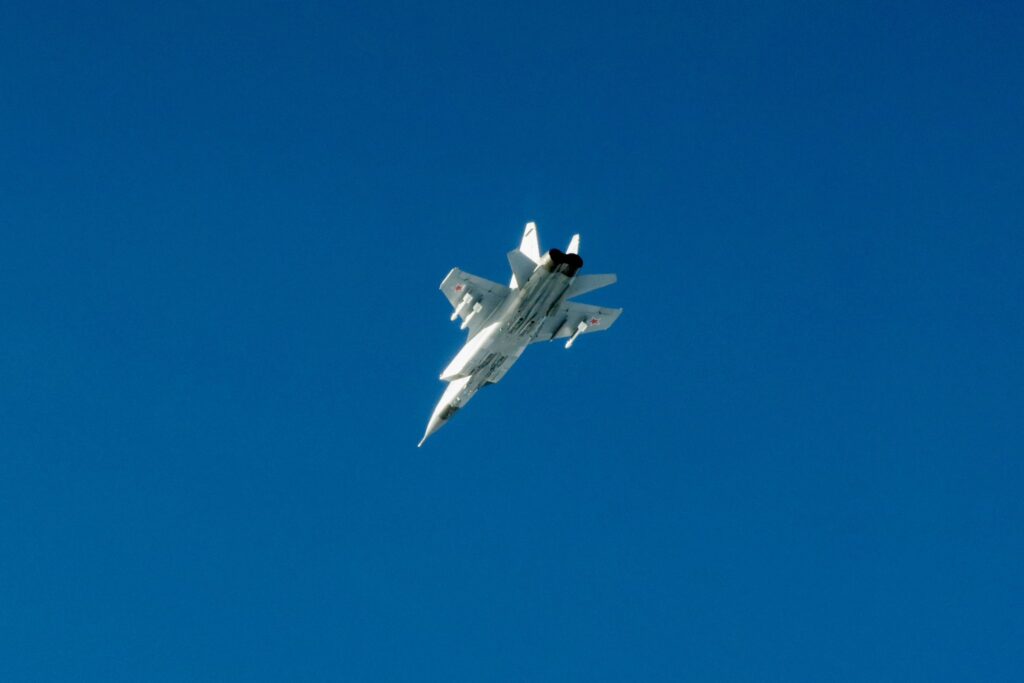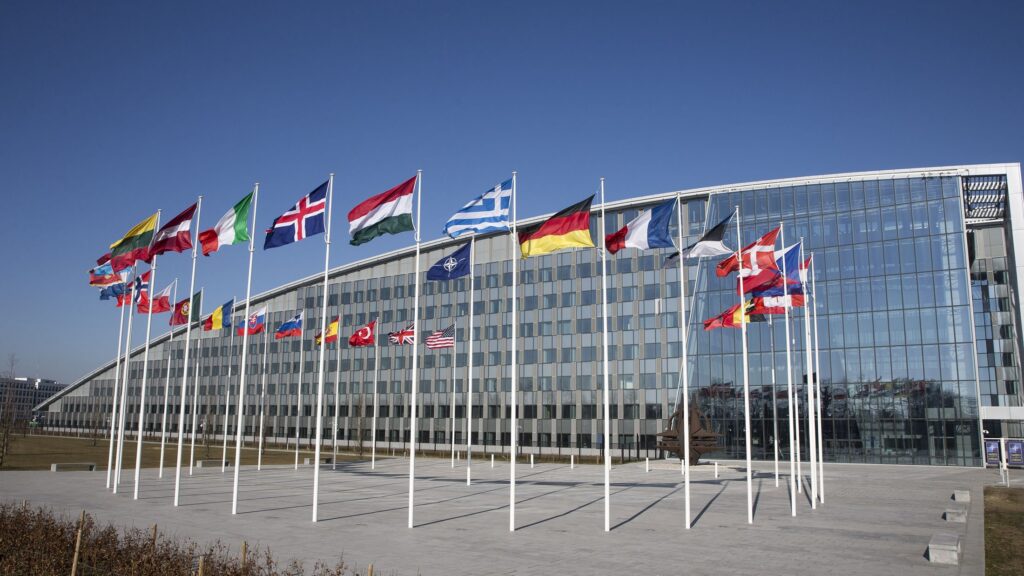NATO has pledged to strengthen its defences along the eastern flank after three Russian MiG-31 fighter jets violated Estonian airspace last week, in what the alliance called part of a “wider pattern of irresponsible behaviour.”
Meeting in Brussels this morning at Estonia’s request under Article 4 of the Washington Treaty, the North Atlantic Council condemned Moscow’s actions and confirmed that allied aircraft were scrambled to intercept and escort the intruders out. According to the Supreme Allied Commander Europe, the armed jets loitered inside Estonia’s skies for more than ten minutes on 19 September before leaving under NATO escort.
“This incursion is dangerous, escalatory, and risks miscalculation,” the Council said in its statement. “Russia bears full responsibility for these actions, which endanger lives. They must stop.”

The incident was the fourth Russian violation of Estonia’s borders this year, and the second time in a fortnight that NATO has convened Article 4 consultations. On 10 September, Poland triggered the clause after Russian drones crossed deep into its airspace. Finland, Latvia, Lithuania, Norway and Romania have all reported similar harassment in recent weeks.
To reinforce its posture, NATO launched Eastern Sentry on 12 September, a vigilance activity designed to bolster air defence and deterrence across the eastern flank. “Our response will continue to be robust,” the statement said, stressing that the Alliance would employ “all necessary military and non-military tools” to defend itself.

The Council sought to dispel any doubt over NATO’s collective defence commitment. “Our commitment to Article 5 is ironclad.” It also underlined that Russia’s provocations would not shake Allied unity in supporting Ukraine. “Allies will not be deterred from their enduring commitments to support Ukraine, whose security contributes to ours,” the statement read.
Estonian leaders described the 19 September violation as the most serious in years. Prime minister Kristen Michal said NATO’s response must be “united and strong,” while foreign minister Margus Tsahkna told the UN Security Council that Russia’s denials were “blatant lies.” Radar data released by Tallinn showed the aircraft penetrating up to ten kilometres into Estonian territory, only minutes’ flight from the capital.

